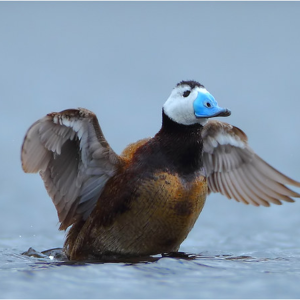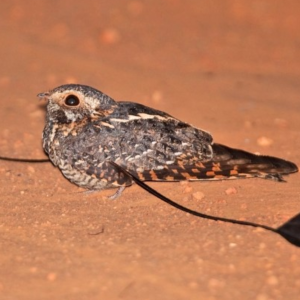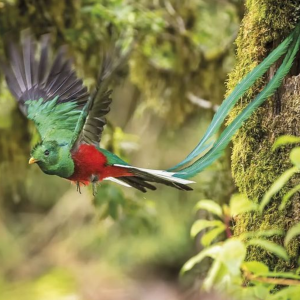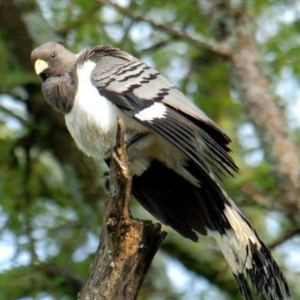Soaring high above the lush rainforests of Central and South America, the King Vulture (Sarcoramphus papa) reigns supreme as the largest and most charismatic of the New World vultures. With its striking plumage, bald, colorful head, and a beak that resembles a dinosaur’s, this avian monarch plays a vital role in maintaining the delicate balance of its tropical ecosystems.
A Master of Carrion
King Vultures are nature’s cleanup crew, specializing in scavenging for carrion, the decaying flesh of dead animals. Their keen eyesight allows them to spot carcasses from great distances, and their powerful sense of smell guides them to even the most hidden remains. Once they’ve located a meal, they descend with an impressive grace, using their long, broad wings to maneuver through the dense rainforest canopy.
A Unique Adaptation for a Unique Diet
Unlike other vultures that tear apart meat with their beaks, King Vultures have a specialized beak that is perfectly adapted for their unique diet. The tip of their beak is hooked, allowing them to pierce tough skin and tendons, while their strong jaws can crack open even the largest bones. This remarkable adaptation enables them to access the nutrient-rich marrow inside bones, a food source that is inaccessible to other scavengers.
A Crucial Role in the Ecosystem
King Vultures play an essential role in maintaining the health of their ecosystems by removing decaying carcasses that could harbor harmful bacteria and diseases. Their scavenging activities help to prevent the spread of diseases to humans and other animals, and they also contribute to nutrient cycling by returning essential elements back into the environment.
A Symbol of Power and Culture
The King Vulture’s imposing presence and unique appearance have not gone unnoticed by human cultures throughout its range. In many indigenous cultures, the King Vulture is revered as a symbol of power, death, and the supernatural. Its feathers are often used in ceremonial attire, and its image is depicted in artwork and mythology.
Conservation Status
Despite their important role in the ecosystem, King Vultures face a number of threats, including habitat loss, hunting, and pesticide poisoning. As a result, they are classified as Near Threatened by the International Union for Conservation of Nature (IUCN). Conservation efforts are underway to protect King Vulture populations and their habitats, ensuring that these magnificent birds continue to soar through the skies of Central and South America for generations to come.
In addition to the information above, here are some additional interesting facts about King Vultures:
- King Vultures are the only vultures that have a bald head. The bare skin around their head is thought to help them stay cool in the hot, humid rainforest environment.
- King Vultures have a unique vocalization that sounds like a hissing or grunting sound.
- King Vultures are monogamous and mate for life.
- King Vultures reach sexual maturity at around 4-5 years of age and can live for up to 30 years in the wild.
I hope this information is helpful. Please let me know if you have any other questions.






